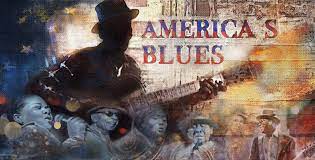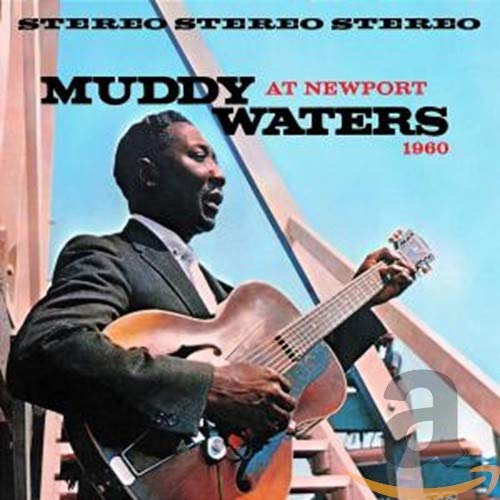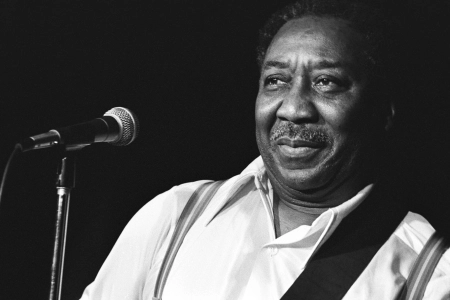Muddy Waters

Blues was developed during the pre-Civil War time period in the south. It uses negro spirituals and blends scales, rhythms, musical styles, and instruments from both Europe and West Africa to create its sound. Similar to jazz, improvisation had a large role in blues, and songs were often conversational. Blues was made popular around the Mississippi Delta, which is just north of New Orleans. The blues made in this area became known as the Delta Blues.
Muddy Waters was born as Mckinley Morganfield on April 4th, 1913. He grew up in Mississippi and drew his inspiration from local Delta blues musicians such as Son House and Robert Johnson. Muddy moved to Chicago in 1943 to become a full-time musician. There he became recognized as the father of modern Chicago Blues.

Muddy came to Chicago playing the acoustic guitar and quickly switched to electric guitar so that in the taverns his music could be better heard. He began to regularly play with Jimmy Rogers and Little Walter. By 1949 Muddy added Baby Face Leroy Foster to the band who played the guitar and the drums . His band recorded several blues classics in the 1940s and 50s, with some of the most popular being, “Rollin’ Stone” and “Hoochie Coochie Man”.
In the late 1950’s, he led the resurgence of popularity of blues in England by traveling there and performing across the country. English people had only ever heard acoustic guitar blues until they heard the new take Muddy had on blues with his electric guitar.


He was nominated for a Grammy eleven times, winning six out of those eleven. One of his last performances was at Chicago Fest in 1981, where he performed with the Rolling Stones. Two years later he passed away due to heart failure.


